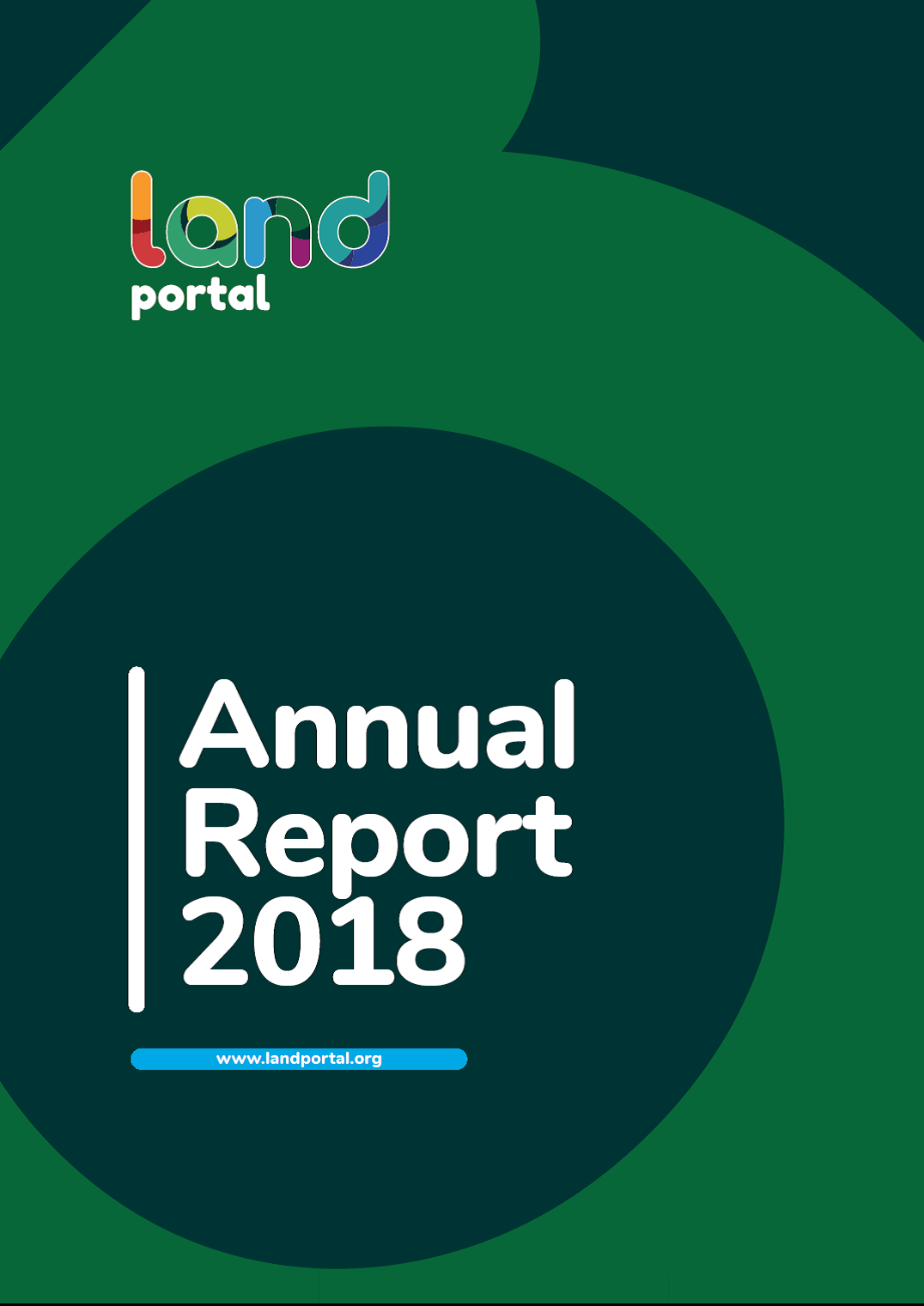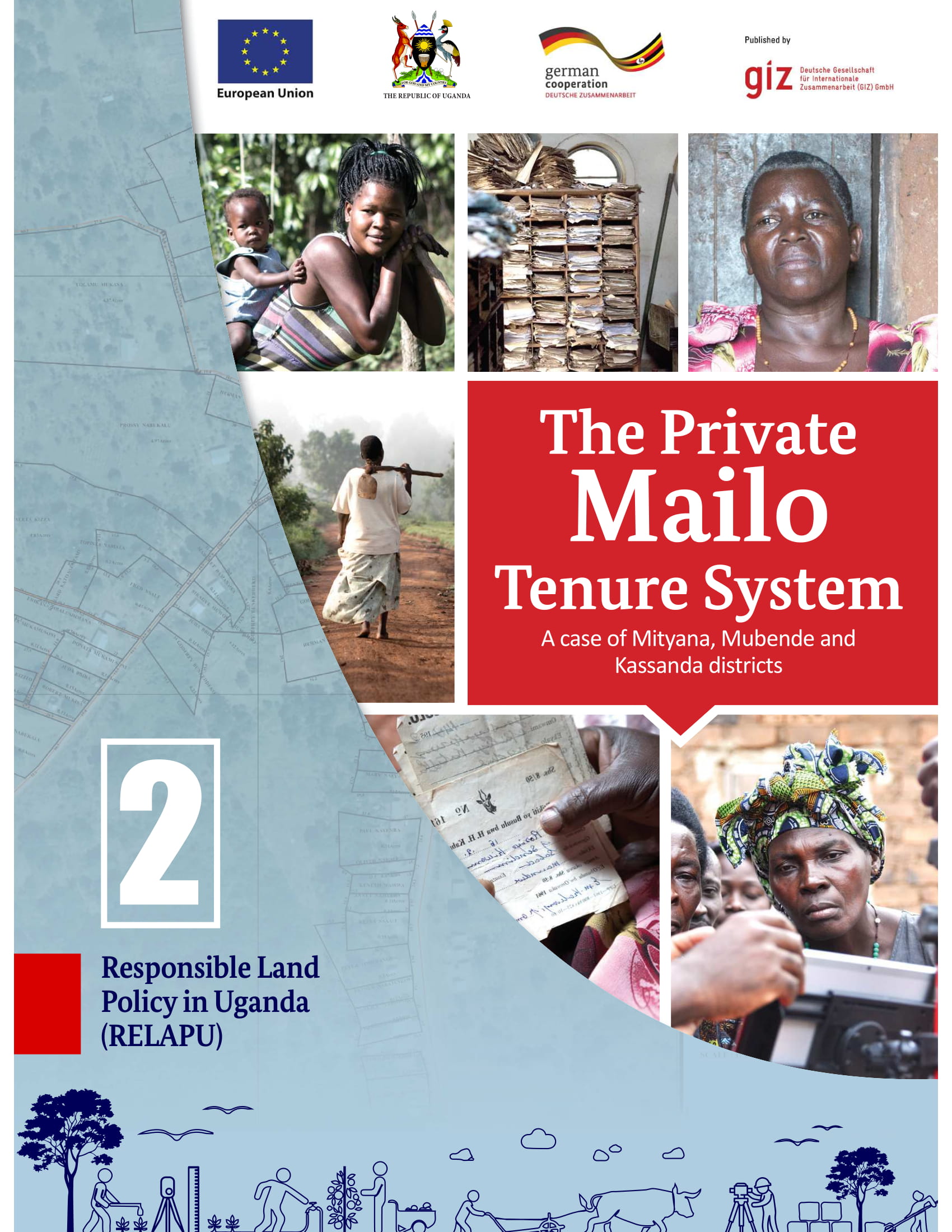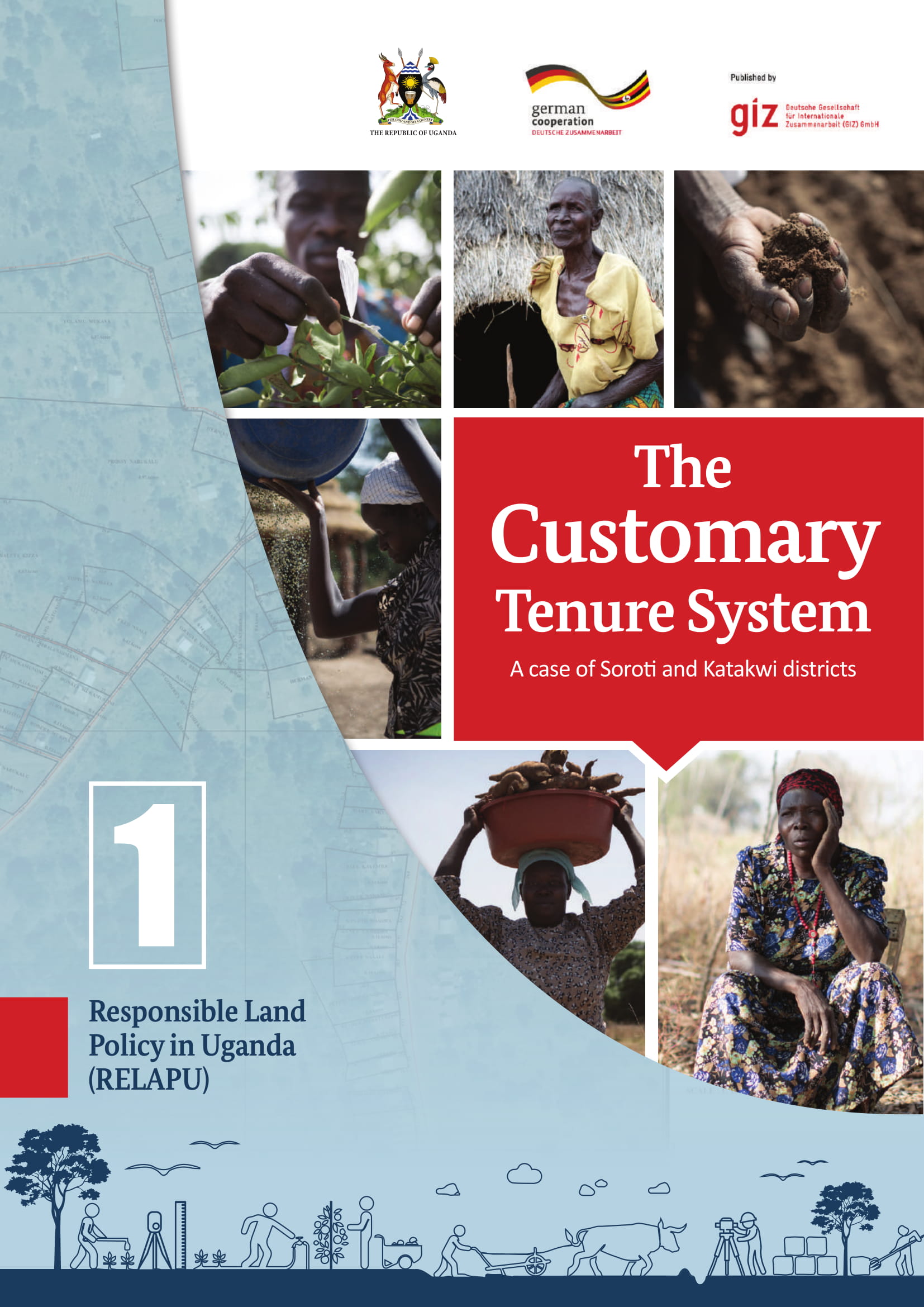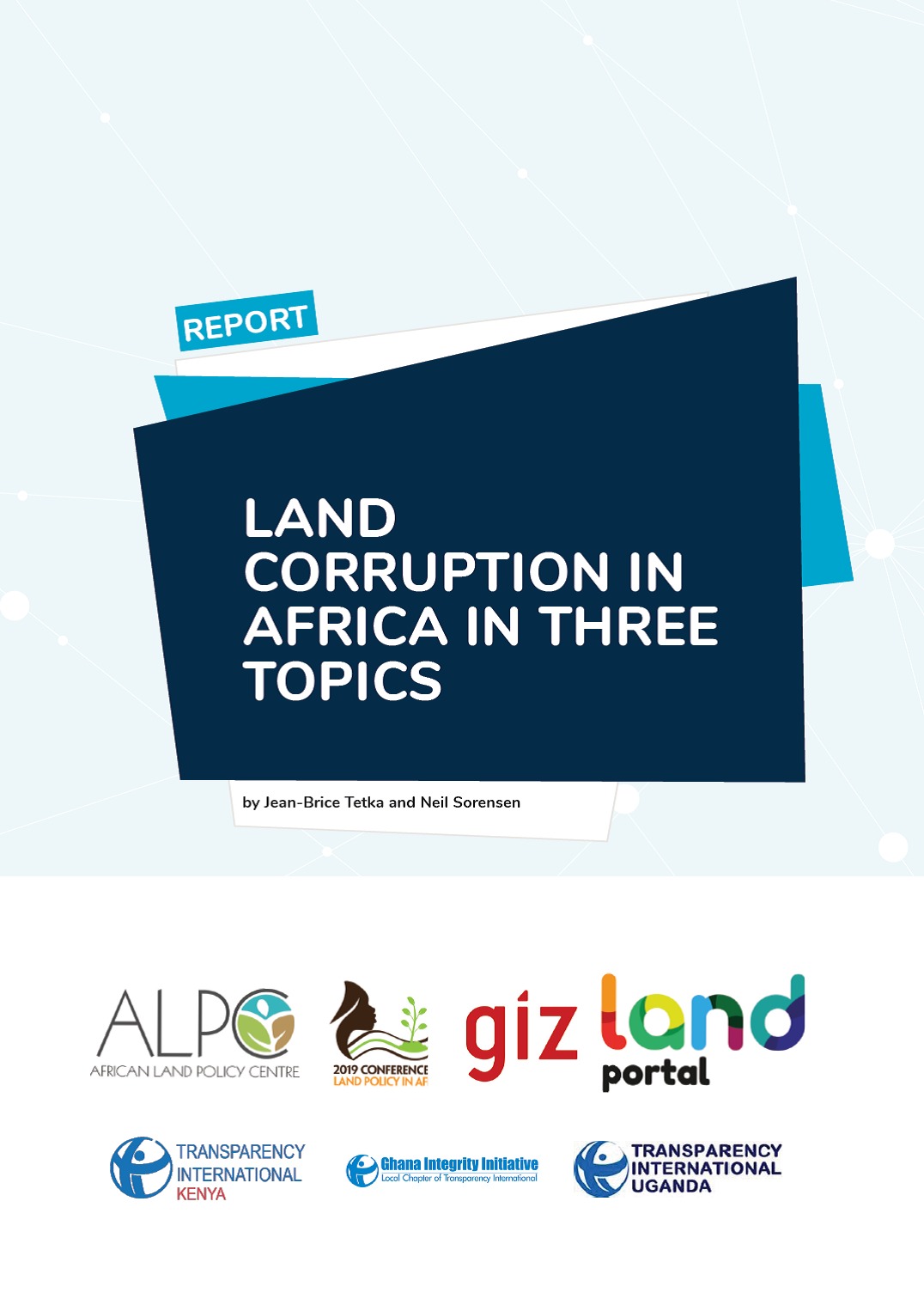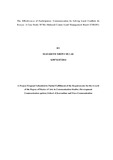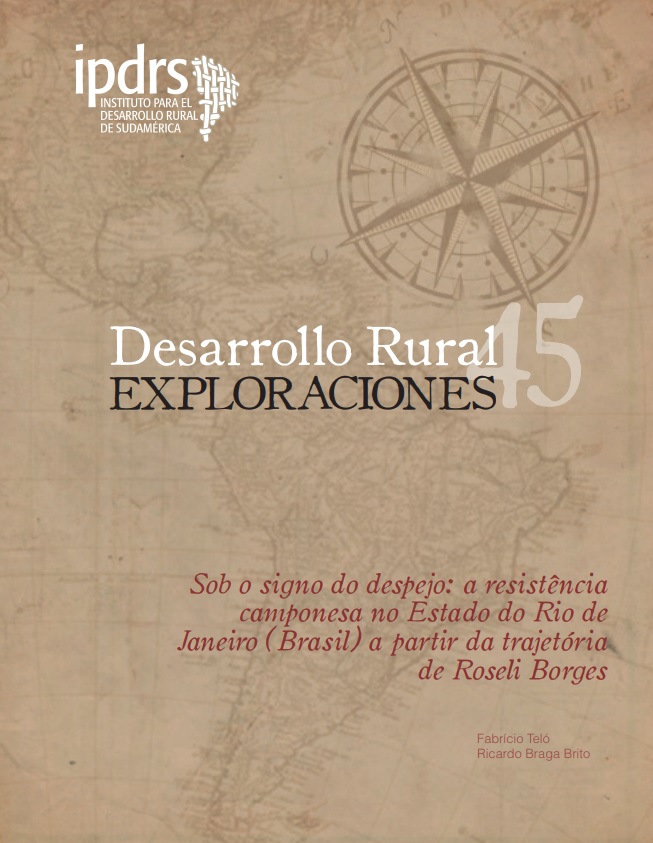Annual Report 2018
We’re pleased to share the Land Portal Foundation's 2018 Annual Report. The report demonstrates how we are working to create a vibrant information ecosystem on land that contributes to better informed decisions and policy making on land throughout the world. This report showcases our efforts improve documentation, mapping and monitoring of land governance issues, to promote, inform and enrich global debate on key land issues and to raise awareness on open data principles to strengthen the flow of land governance information at all levels.

